Why Kuala Lumpur

Kuala Lumpur and its surrounding urban areas form the most industrialised and economically, the fastest growing region in Malaysia. Kuala Lumpur is a centre for finance, insurance, real estate, media and the arts of Malaysia. Kuala Lumpur is rated as an alpha world city, and is the only global city in Malaysia. Other important economic activities in the city are education and health services. Kuala Lumpur also has advantages stemming from the high concentration of educational institutions that provide a wide-ranging of courses. Numerous public and private medical specialist centres and hospitals in the city offer general health services, and a wide range of specialist surgery and treatment that caters to locals and tourists.
Strategic Location
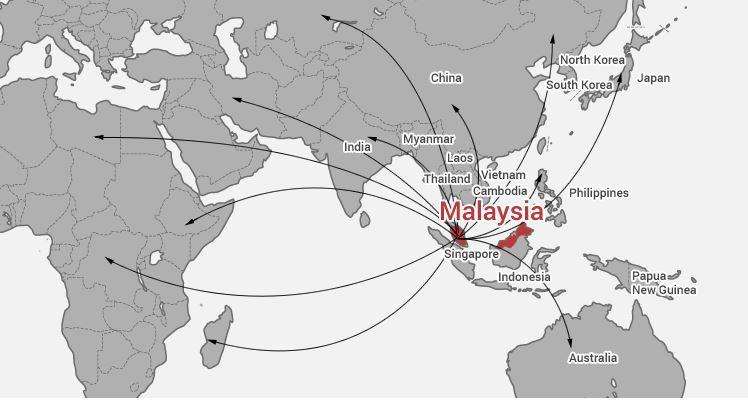
Central Location with Global Connectivity
Located at the heart of ASEAN, Greater Kuala Lumpur’s strategic location delivers immense connectivity with emerging markets in Asia, making it the perfect regional location to grow business strategically within the region.
6 - 8 Hour Flight Radius to Asia’s Key Business Centres
Major business centres in Asia such as Tokyo, Hong Kong, Beijing, Shanghai and Seoul are reachable from Greater Kuala Lumpur within a couple of hours.
Benefit from Malaysia's Strong Ties and Trade Links
In 2016, Malaysia recorded RM1.49 trillion in trade, counting South Korea, China, ASEAN, the EU and the UAE as some of its largest trading partners.
Malaysia participates in global and regional trade agreements including Free Trade Agreements, Double Taxation Agreements and Regional Comprehensive Economic Partnership. Malaysia established FTAs with:







Business Friendly
Malaysia’s business friendly policies and attractive fiscal packages initiated by the government have made Malaysia as one of the easiest place to commence business globally.
Ease of doing business
In World Bank’s Doing Business Report 2017, Malaysia ranked 2nd in ASEAN and ranked 23rd out of 190 countries.
Government support
The Government Transformation Programme (GTP) and Economic Transformation Programme (ETP), comprising key public sector reforms and a private sector-driven agenda to lead Malaysia to high-income and developed nation status, demonstrate the government’s commitment and support for commercial activity.
Political Stability
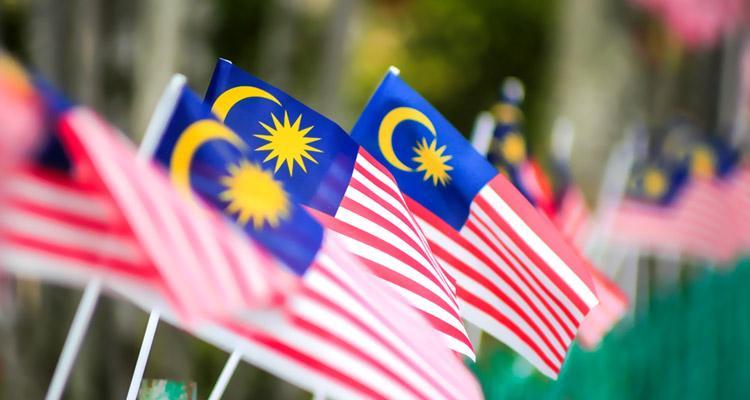
Stable Government
Malaysia celebrated 60 years' anniversary of independence and continues to enjoy a politically stable environment led by a democratic government.
Accommodative Policies
Through political stability, Malaysia's government policies such as liberal equity policy, employment of expatriate and tax incentives provide an investor-friendly business environment.
Wealth of Opportunity
Focused growth
Under the Economic Transformation Program (ETP), Malaysia aims to achieve a high-income nation status by 2020 by focusing on 12 National Key Economic Areas (NKEAs) to achieve sustainable economic growth goal.
Encouraging Foreign Investment
Among the initiatives of Greater Kuala Lumpur/Klang Valley region, which designated as one of the NKEAs is the establishment of InvestKL in 2011 to facilitate foreign direct investment in setting up headquarters operations in the region.
Investors are encouraged to leverage on the 12 key economic areas that have been identified by the national government as these viable sectors provide high growth and endless potential for businesses.”
Incentives
Broad-based Measures
Organisations coming to Greater KL can take advantage of incentives provided by the Malaysian government to encourage private sector and foreign investors' participation in the economy. This range from grants, funds, tax incentives to expatriate employment incentives.
Specific Incentives
Existing tax incentives such as Principal Hub allows multinationals (MNCs) to enjoy fiscal and non-fiscal benefits. There are also available tax incentives including but not limited to:
 Biotechnology
Biotechnology Halal Business
Halal Business Manufacturing
Manufacturing Services
Services Agriculture
Agriculture  Information Technology (IT)
Information Technology (IT) Financial Services
Financial Services
Infrastructure
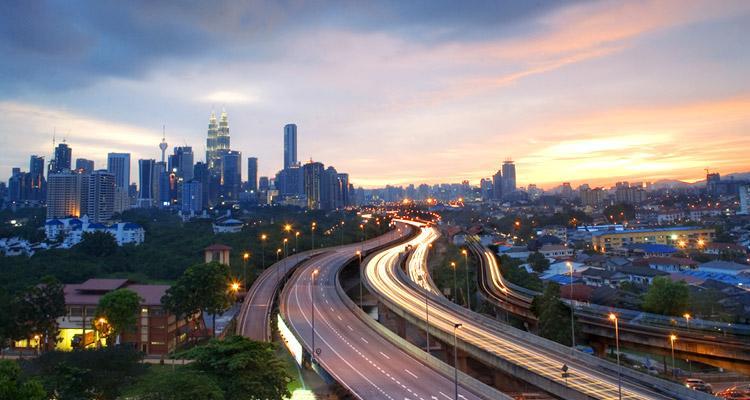
Transportation Infrastructure
Extensive rail network such as Kuala Lumpur-Singapore High Speed Rail (targeted completion by 2026), Mass Rapid Transit/Light Transit, MRL East Coast Rail LInk (targeted completion by 2024), world class airport (KLIA) and world's 12th busiest sea port (Port Klang) provide great connectivity between Greater Kuala Lumpur and the rest of the region and the world.
Telecommunications Infrastructure
Malaysia is equipped with advanced telecommunications infrastructure including movile, Wi-Fi, and high-speed broadband services where Malaysia has recorded an average connection speed of 8.9 megabits per second (Akamai Report 2017).
Availability of Talent
Educated Workforce
Malaysia produces an average of 200,000 fresh graduates annually and 33% of these young talent would move to Greater Kuala Lumpur upon graduation for better career opportunities.
Proficiency in Multilanguage
In EF English Proficiency Index 2016, Malaysia ranked 2nd in most English proficient country in ASEAN. Moreover, as Malaysians hail from multicultural backgrounds and ethnicity, the talent are fluent not only in English and Malay (the national language), but other languages such as Mandarin, Tamil, and various dialects.
Productive Workforce
In the Global Competitiveness Report 2016-2017 by World Economic Forum, Malaysia ranked 6th out of 138 countries in terms of its pay-to-productivity ratio.
Competitive Business Cost
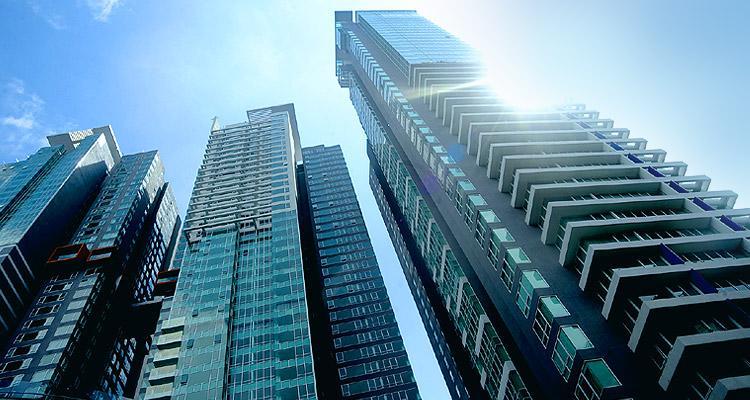
Lower Rental
According to Knight Frank Research 2016, the average monthly rental for office space in the Kuala Lumpur city centre was only US$14.7 per square metre (US$/sqm) in the first quarter of 2016, compared with US$69.8/sqm in Singapore, US$32.0/sqm in Melbourne, US$190.3/sqm in Hong Kong, and US$45.2/sqm in Shanghai.
Competitive Salaries
Average annual salaries of employees in the country remain competitive than that of its neighbours: Petroleum engineers at the manager level earning an average of around RM300,000 (US$71,412) a year compared to SG$250,000 (US$184,993) in Singapore and CNY400,000 (US$60,710) in China, while finance directors earn an average annual salary of RM420,000 (US$99,977), against up to HK$3 million (US$384,371) in Hong Kong and up to CNY2.5 million (US$379,437) in China.
Robust Legal Framework
Established Judicial System
Malaysia benefits from an established judicial system that provides robust legal protection for companies. Greater Kuala Lumpur is also home to the Kuala Lumpur Regional Centre for Arbitration which provides settlement for trade, commerce, and investment disputes within the region.
Strong Investor Protection
In World Bank’s Doing Business Report 2017, Malaysia ranked 3rd in protecting minority investors.
Liveability
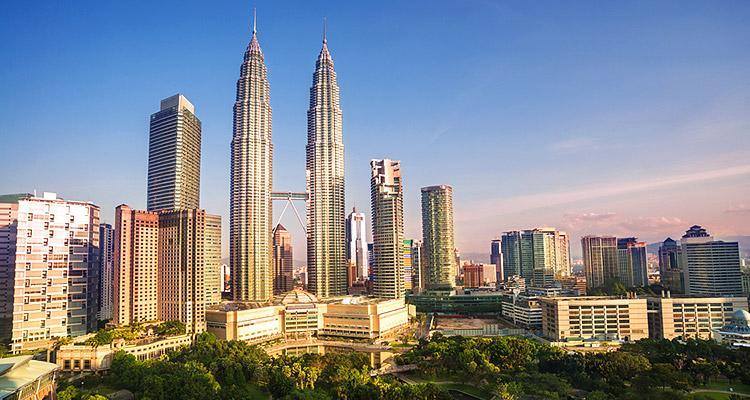
Availability of Housing and Amenities
Greater KL’s lush and tropical setting makes it an inspiring place to live, work, and play. The scenic surrounds are complemented by an abundance of choice for housing and world-class facilities such as expatriates residential areas, healthcare/medical centres, international schools and shopping destination.
Ease of Getting Around
Integrated public transport network such as Light Rail Transit (58km, Kelana Jaya-Sri Petaling- Putra Heights), Klang Valley Mass Rapid Transit Line 1 and Line 2 (Sg Buloh-Kajang/-Putrajaya,103 km), KTM Intercity (1,677 km, electrified and double-track rail) and ERL Line (57km,KL to KLIA at 160 km/h).
Affordable Living
Kuala Lumpur is one of the world’s least expensive cities to live in. In the Mercer’s 2017 Cost of Living Survey, Kuala Lumpur ranked 165th out of 209 countries*.
*ranked from most expensive city to least expensive city
Focus industries
Kuala Lumpur is a major center for Real Estate, Agriculture & Farming, Business Services, Telecom, Education & Training, Electrical, Electronics & Optical, Financial & Insurance Services, Health & Medical, Oil & Gas, Agriculture & Farming, Leisure & Tourism and Retail.
Learn about our Focus industries.
